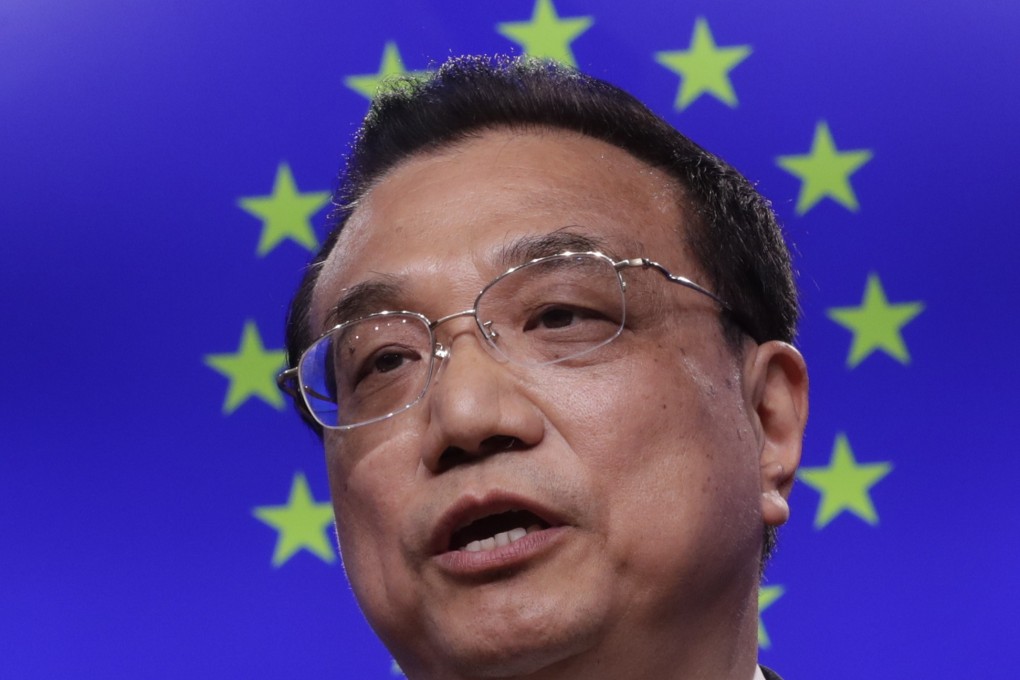Opinion | In talks with Europe, China has shown willingness to compromise, but will it make good on its commitment?
- As US and China edge towards an accord over trade tariffs, Brussels reaches an understanding with China that relations be built on ‘openness, non-discrimination, and fair competition’ – and a need for vigilance
- The EU has been very firm on trade with China, but less so on the vexed question of Beijing’s human rights record

The most significant moment was without doubt the annual EU-China summit that took place on Tuesday in Brussels. Following the publication of an unusually blunt EU white paper in March in which China was described as a “systemic rival”, the meeting ended with a lengthy joint statement.
Interestingly, it referred to “universal, indivisible, interdependent and interrelated” human rights, but stopped short of looking at matters that pertain to China.
The statement was also vague on security and foreign policy matters. It offered some common views on the Joint Comprehensive Plan of Action on Iran’s denuclearisation process, called for “African solutions to African problems”, and weighed some support for a “maintained dialogue” between the US and North Korea, under the auspices of the United Nations.
Unsurprisingly, the lengthiest and strongest part of the agreement was on trade and investment. Led by Germany and France, the EU has become more critical of China’s behaviour over the past couple of years.
